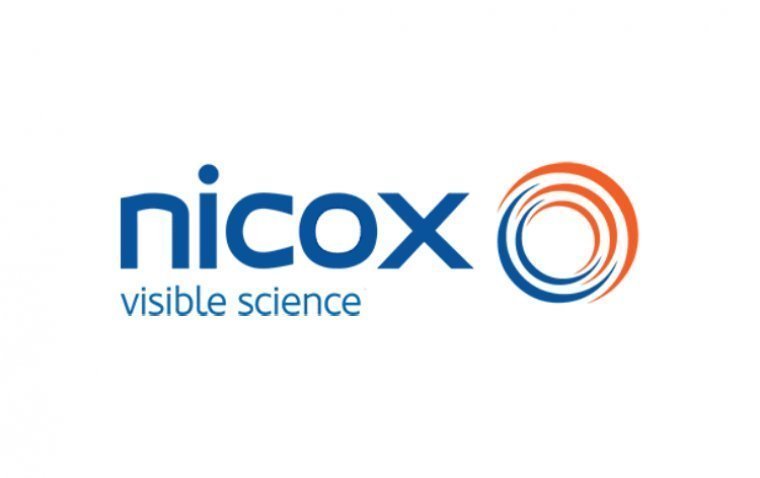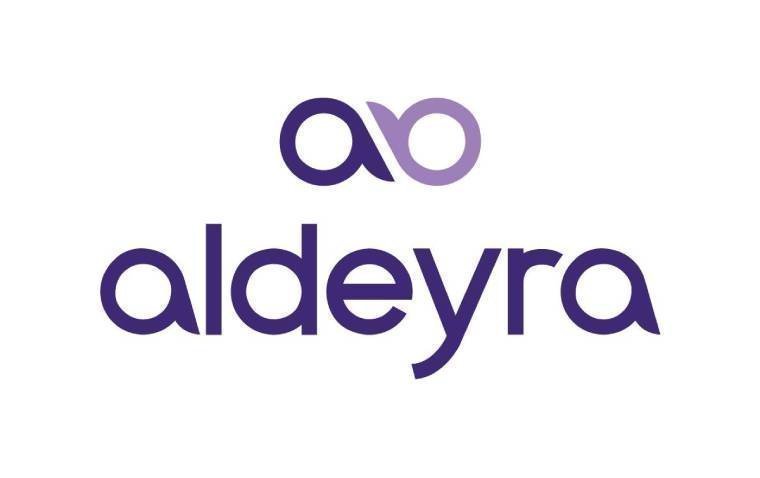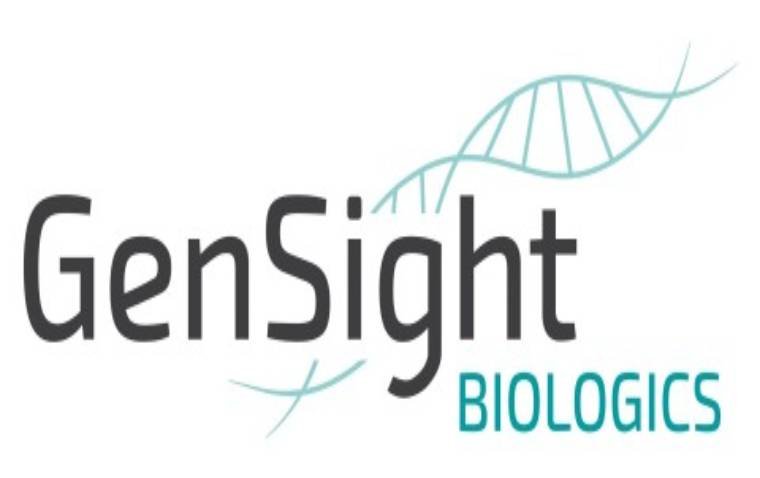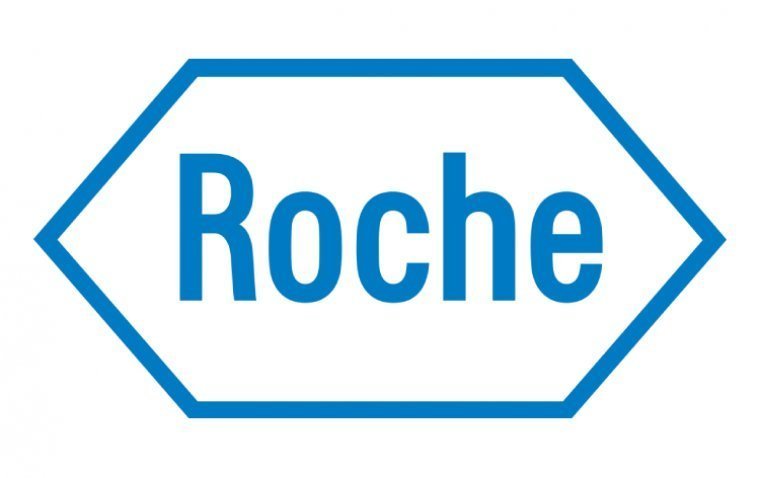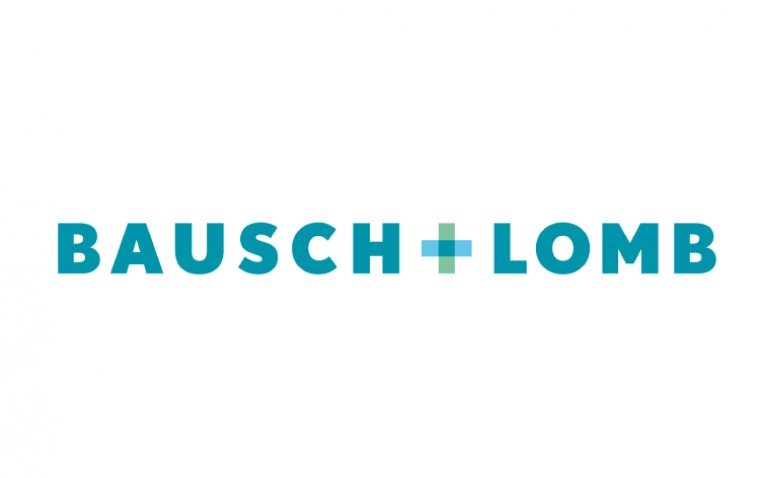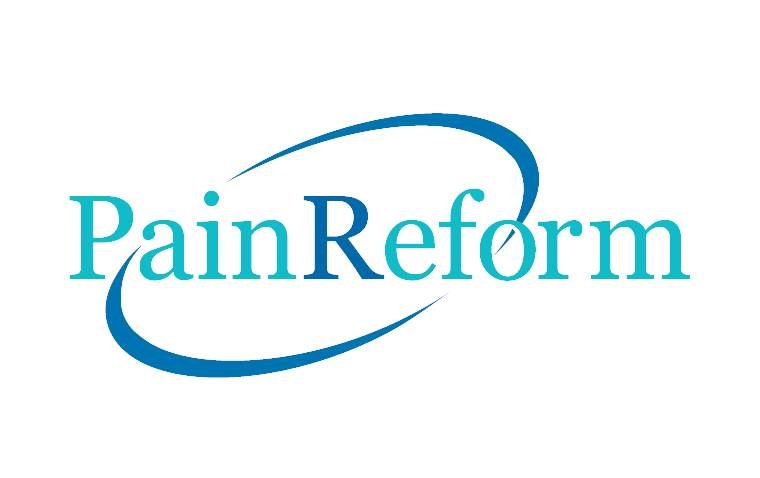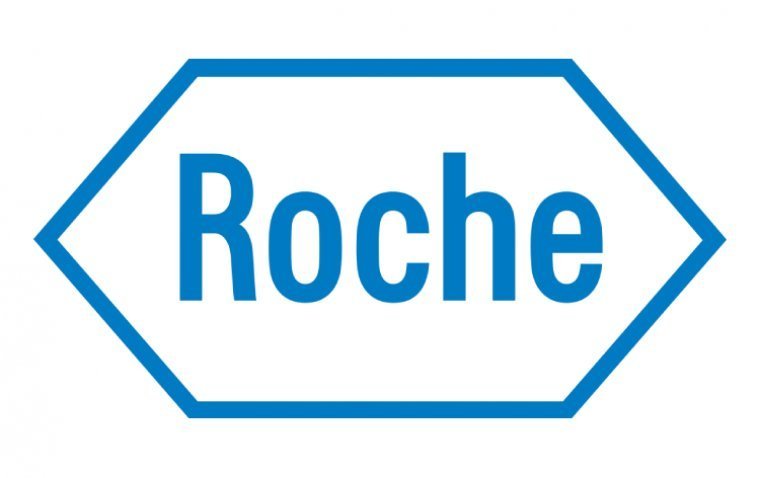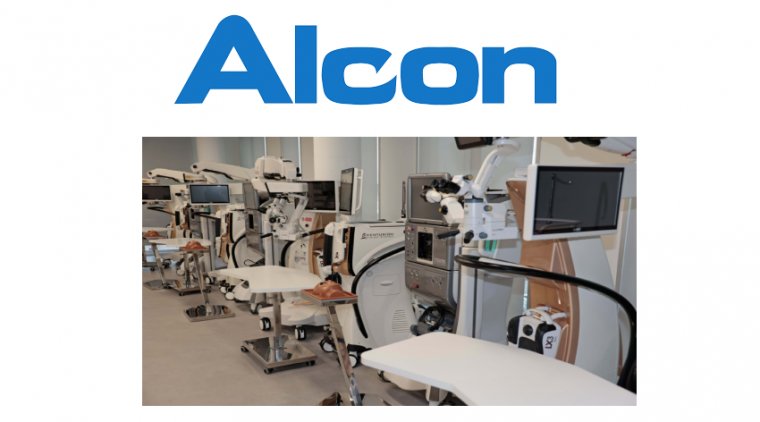Beacon Therapeutics Secures $170M to Advance Ophthalmic Gene Therapy
Beacon Therapeutics has successfully raised $170 million in Series B funding, marking a significant step forward in advancing its portfolio of ophthalmic gene therapies. The funds are earmarked to support the ongoing clinical development of Beacon’s lead candidate, AGTC-501, designed for X-Linked Retinitis Pigmentosa (XLRP; laruparetigene zovaparvovec), as well as to generate critical phase 1/2 clinical trial data for the company’s dry age-related macular degeneration (dAMD) program. This latest financing round brings Beacon’s total funding to approximately $290 million.
Strategic Financing and Board Appointments
Forbion led the financing round, with participation from existing investors including Syncona Limited, Oxford Science Enterprises, and the University of Oxford, alongside initial investments from TCGX and Advent Life Sciences. The influx of capital also prompted strategic appointments to Beacon’s Board of Directors, welcoming Dmitrij Hristodorov and Wouter Joustra from Forbion, and Cariad Chester from TCGX. Dominic Schmidt from Advent Life Sciences joins as a Board Observer.
AGTC-501: Beacon’s Visionary Approach
AGTC-501, Beacon’s flagship therapy, aims to restore vision in patients with XLRP by expressing the full-length RPGR protein, addressing both rod and cone photoreceptor damage associated with the disease.
David Fellows, Chief Executive Officer of Beacon Therapeutics, expressed confidence in the company's future trajectory: "We are focused on progressing our pipeline of ophthalmic gene therapies to save and restore the vision of patients with a range of prevalent and rare retinal diseases that result in blindness. I am confident that along with the addition of Dmitrij Hristodorov, Wouter Joustra, and Cariad Chester to the Beacon Board, these funds will support the ongoing development of our late-stage and preclinical pipeline and enable acceleration of the development of AGTC-501 as we progress through the clinic and toward commercialization."
Milestones and Momentum
The funding round follows several pivotal clinical milestones for Beacon, including the dosing of the first patient in the VISTA registrational trial for AGTC-501, the initiation of the phase 2 DAWN trial, and the presentation of promising 12-month interim results from the phase 2 SKYLINE trial at the 47th Annual Macula Society Meeting in Palm Springs, California, held in February 2024. The SKYLINE data underscored the precision, efficacy, and safety of Beacon’s therapeutic interventions.
About X-Linked Retinitis Pigmentosa
X-Linked Retinitis Pigmentosa (XLRP) is a rare genetic disorder that primarily affects the retina, leading to progressive vision loss and eventual blindness. It is inherited in an X-linked recessive manner, meaning the genetic mutation responsible for the condition is located on the X chromosome. XLRP typically manifests in childhood or adolescence and predominantly affects males, although females can carry and transmit the genetic mutation.
The disease initially causes night blindness and gradual peripheral vision loss due to the degeneration of rod photoreceptor cells in the retina. As the condition progresses, central vision can also be impaired as cone photoreceptor cells are affected. Currently, there is no cure for XLRP, but ongoing research and advancements in gene therapy offer hope for potential treatments aimed at slowing disease progression or restoring vision in affected individuals.
(1).jpg)
